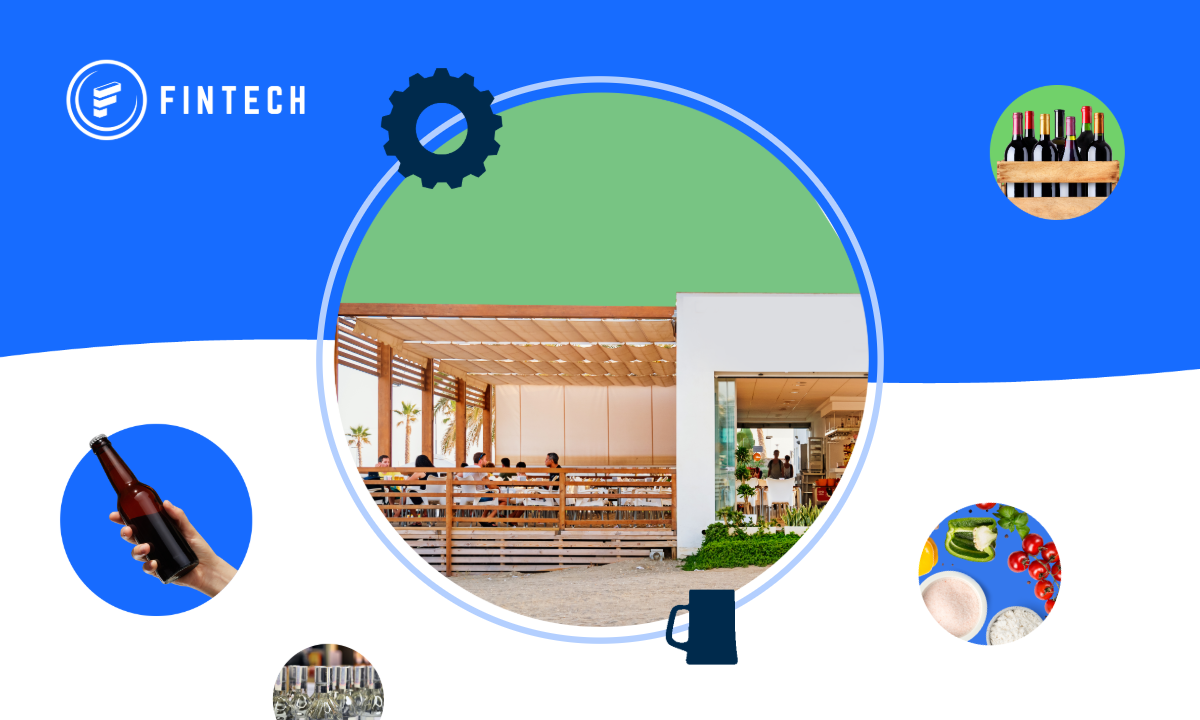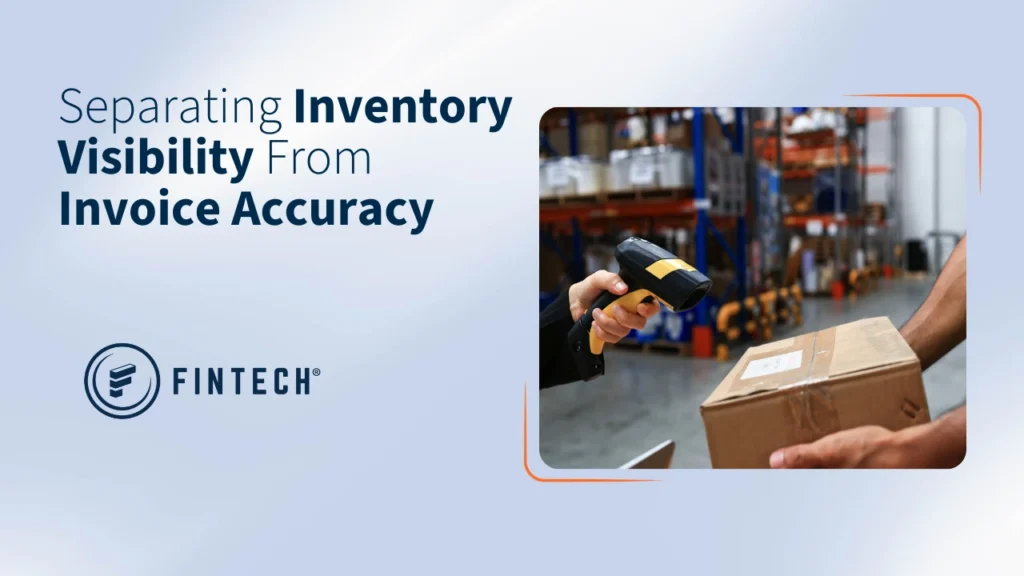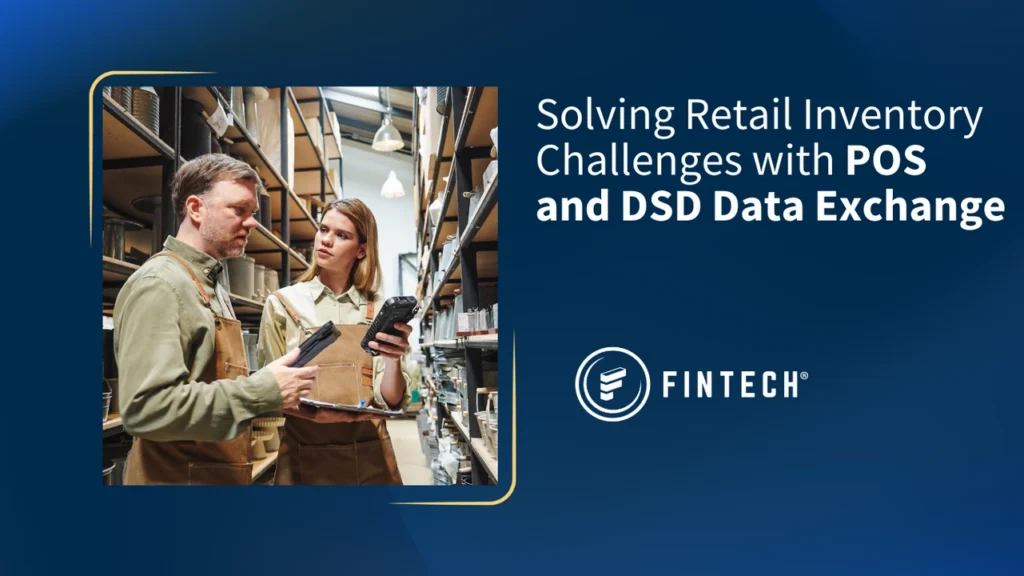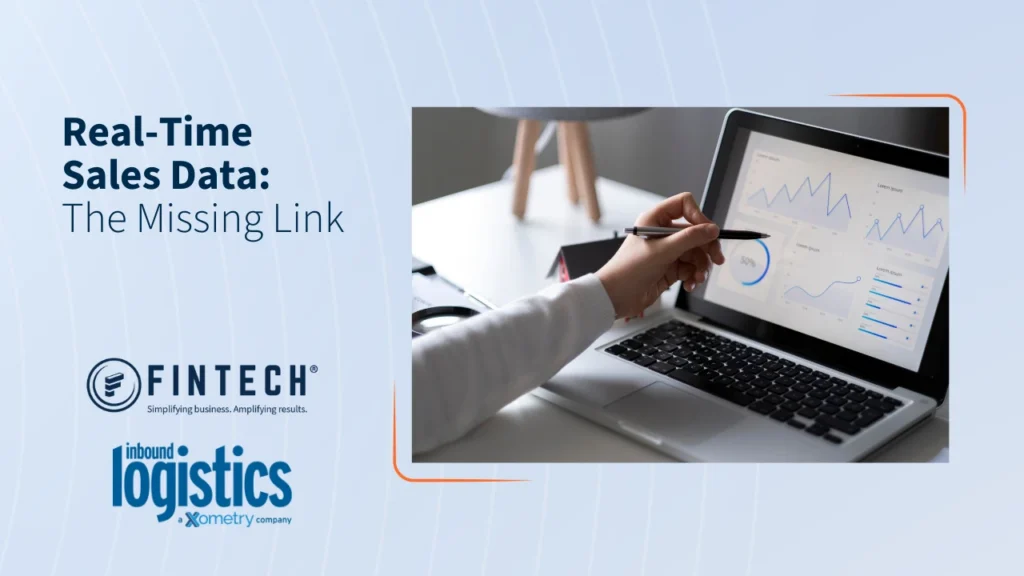Seasonality is something hospitality businesses must manage to make the most of revenue opportunities. Whether it is a business that is only open during peak season or one dealing with the highs and lows of seasonality throughout the year, there are a number of things hospitality businesses can do to address the challenges. For example, they can leverage specialized accounting services tailored to the industry or automated financial technologies that remove manual processes, saving money and resources. Incorporating these tools allows businesses to capitalize on peak season and protect themselves from fluctuations in demand.
Looking at Seasonality
The chaotic nature of the hospitality industry responds to customer demand, resulting in peak seasons with higher demand, higher occupancy rates, higher average daily rates (ADR), and more revenue across food and beverage channels. There are also off-peak seasons, during which a business can experience lower demand, occupancy, ADR, and revenue. With these highs and lows, it can be difficult to manage cash flow, especially when your expenses balloon. Being able to accommodate cash flow changes is essential to preventing unpaid credits from putting your business on hold during crucial days. For example, because liquor vendors must be paid immediately, Fintech protects your business by staying current with the State Liquor Authority for on-time payments and adjusting to seasonality.
Armed with Hospitality Accounting Expertise
Making sense of P&L statements, invoice management, and purchase data can be daunting, especially when dealing with the stress of running a restaurant, hotel, resort, or other hospitality operation. This is why working with a dedicated hospitality accounting team like Paperchase is helpful. Hospitality accounting teams are made up of experts who have experience in the industry and understand the unique challenges these types of businesses face.
Hospitality accountants manage day-to-day financials, bookkeeping, balance sheet reconciliation, payroll processing, and more. This leaves the burden of back-office work to the experts, allowing managers to focus on other tasks, like providing exceptional customer service.
Regarding seasonality, hospitality accountants can examine your numbers to assess cash flow analysis, seasonal trends, and sales analysis. This can provide insight into what businesses should focus on during peak season to best prepare for seasonal closures or the off-peak time of year. With these insights, hospitality businesses can also identify and address operational inefficiencies eating away at the bottom line.
AP Automation for Better Invoice Management
Another method to maximize revenue opportunities is automating accounts payable (AP) processes for all invoices. Fintech provides AP automation services for all invoiced transactions between businesses, including goods, services, operating supplies, and more, through PaymentSource Premium. AP automation facilitates electronic invoice payments, which are faster and more secure than traditional methods like checks or money orders.
AP automation also streamlines invoice data entry with line-item integration directly into a back-office or accounting system using electronic data interchange (EDI). This means businesses and hospitality accountants have faster access to accurate data, which translates into better visibility into financial operations.
These systems can also provide purchase data insights, such as flagging cost variances for the same product across different invoices. This helps identify pricing anomalies while providing opportunities for informed discussions with vendors that could lead to operational savings.
Overcome Seasonality with the Harmony of Expertise and Technology
The highs and lows of the hospitality business can quickly push P&Ls into the red if mismanaged. By entrusting financial operations to hospitality accounting experts and automating manual invoice payment and data processes, businesses gain a competitive advantage that yields a recipe for sustained success. The key to maximizing seasonal hospitality business revenue is in the data; it is just a matter of organizing and understanding it to determine the best path forward.






